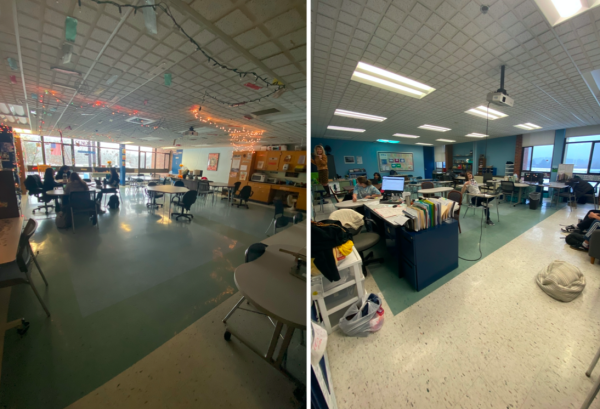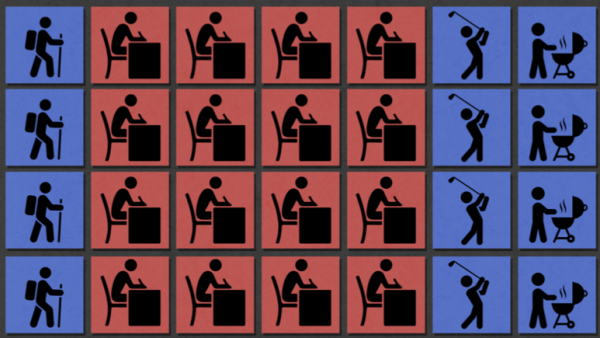Feeding into Fake News
April 27, 2018
Throughout years of education, you probably have heard “avoid wikipedia, it can contain false information”, at least once in your life.
However with warnings to steer clear of Wikipedia, did you ever get a warning to avoid fake news?
When asked to describe fake news, senior Chalee Welch describes it as “ a story that is twisted towards a bias view or a made up story to try to get a specific rise,” Said Welch.
Fake news, a newly prevalent problem in the world with the presence of social media and accessibility to communicate/ deliver information to a wide range of people has caused a social uproar.
Junior Maggie Tardiff explains that online, it’s easy to believe anything that is said.
“I do think that it is difficult to to notice the difference because in the moment you could believe anything that is being said,” said Tardiff.
In a recent study done by Statista, a national statistic portal, 14 percent of those surveyed have admitted that they have deliberately shared a fake political news story online.
With a piece of technology in your hand you essentially have the power to communicate to whomever you want all behind a computer screen, and behind that screen it creates a barrier of reality, making it difficult to distinguish what is real and what is fake.
With this new problem, people of all generations have been struck with this problem.
“I think Facebook has a lot of fake news so I have probably seen it but don’t know the difference between real and fake,” Said Welch.
“Yes I have seen fake news before and I probably have believed it at the time but then eventually I would realize that is isn’t real because of how ridiculous it was,” added Tardiff.
With the power of social media this new “superpower”, it is clear that these fake news story will continue to gain traction as long as people are still willing to share them online.
However some argue that there is no harm in spreading fake news. As an american the right to freedom of speech is an undeniable right that every citizen of the United States is fortunate to withhold.
Freedom of speech is a right that anyone can exercise, but the problem with fake news is is it is labeled as “news”, which makes some people actually believe that it contains truth to it. People should find other ways to exercise their right of freedom by expressing their opinions and views without misinforming the public with infactual information.
Tardiff explains that by spreading fake news, there are a lot of consequences one can face.
“ I do think it is a problem because people’s lives can be ruined because of rumors and fake news. It also causes bigger problems when too many people all begin to believe in something that isn’t true,” said Tardiff.
Agreeing with Tardiff, Welch explained that she hopes that the media starts to address this problem.
“I think that fake news needs to be more regulated because it messes with people’s opinion of politicians and policy in general,” said Welch.











